Certain expressions of human body gestures are understood by every member of our species. Others exist only in just a local culture and like a verbal language you’ve to discover ways to interpret them correctly. Understanding the basic principles of other cultures’non-verbal language helps to prevent misunderstandings. The human body reacts, before you think of it. An example was told in my experience with a professor of African linguistics who lectured “Intercultural Communication” at European police academies. In many of West African cultures, it’s offensive looking in to the eyes of a senior person.
Rather, African people would lower their head, look right down to the floor (or elsewhere to the low left or right side), while talking with an individual of respect. To an European this behavior provides the impression of “having something to hide. Avoiding eye contact relates to not telling the truth. Searching, and not into another person’s face, additionally provides the impression to be nervous. The African person, attempting to be polite, seems like looking for an easy way out from the encounter.
I remember my beginner’s Yorùbá classes. At the end my teacher closed the books, stood up, said good bye, and went out of my studio. Although I knew that Yorùbá people do not shake hands, I was left with a strange feeling. There was something missing: a ritual, shaking hands, looking into the other’s eyes, while saying “see you next week”. Standing up and leaving without a handshake I found rude, and I asked myself for an answer: “Did I say something wrong, that caused him to leave so abruptly?” It took some time till it felt natural and I did not want to shake hands any more after Yorùbá lessons. It is a matter of adopting a culture.
Like many people I came into direct contact with Òrìṣà worship through the traditions of the Cuban diaspora. Yorùbá culture and language survived the trans-Atlantic slave trade, but was turned into a religious sphere. African traditions often are only performed within a ritual setting in the diaspora, while in the past they were part of the daily life. A language example would the Afro-Cuban word “aleyo” for Yorùbá “àlejò“. This originally means “outsider, visitor”. In Cuba it is used in the sense of “a person not (yet) initiated into Òrìṣà”. Cubans speak Spanish and the remains of Yorùbá language are only used in ritual settings. The “outsider” became “someone not initiated”. The same process can be applied to body gestures. I stumbled across a few of them traveling to Cuba and Nigeria. It was funny when I saw my Christian Yorùbá teacher snapping his fingers the first time to ward off evil, a gesture I thought that was directly related to an esoteric Òrìṣà ritual. Instead, as I found out, it is used frequently. Here are a few results of a small investigation.
Yorùbá language and its idiomatic expressions refer to many parts of the body. “Surprise” is called “ìyanu”, an “open mouth”, while anger resides in the belly (inú) and is called “ìbínú”. Cooling down is expressed by the gesture of “f’ọwọ́ wọ̀’nú”, putting one hand (“ọwọ́”) on the chest and “letting it fall” (“wọ̀”) downwards to the belly. In the same direction points the verb “farabalẹ̀”, literally “put the body touch the ground” it means “to calm down, to be patient”. A double faced person in Yorùbá is a “a person with two mouths”, “ẹlẹ́nu méjì”, being burdened by something literally means “yín lọ́rùn”, having the weight rest on the neck (as loads are carried on the head). Interesting, that “ó yínmú sí mi” in the dictionary is translated as “he curled his lips in disbelief of my statement”. In Yorùbá “imú” means “nose” – curling lips are the European version of this Yorùbá gesture done with the nose! Abraham’s dictionaryhere offers a translation of a gesture, not a literal one. Yorùbá proverbs are full of expressive, bodily images. Watch one of the low-quality Nollywood telenovelas on Youtube to get an idea of the gesture-rich form of language. In a Yorùbá city you quickly feel like watching a theatrical performance, while people are just negotiating the price of some vegetables or exchanging the latest gossip. Nigerian street life is highly dramatic in terms of gestures (and in many other terms, too).
Most of these gestures have more than one exact meaning and its variations can be used in different situations. Your fists, raised above the head, could help you to express the joy of just winning the Ibadan marathon. On the other hand, if someone raises his fists towards you, and it is the area boy you did not want to give 1000 Naira just for driving by with your car, violence is threatening you. But the same gesture, applied in a Yorùbá traditional setting, can be used peacefully to hail the Kábíyèsí, the king, on his way from the palace to a festival. In this article, just the traditional Yorùbá meanings are discussed, that are sometimes different from what an òyìnbó, a foreigner, is expecting.
I would like to mention important sources for this blogpost (detailed list below). First one is the article of Augustine Agwuele, “A repertoire of Yoruba hand and face gestures”. This is a very recommended read for all the people who want to get into the details of gestures. I learned a lot of amazing details in personal communication with Baba Nathan Àìkúlọlá Lugo – through participating in his regular Yorùbá spirituality online Meet-up group – and thank you to Yorùbá linguist Victor Manfredi for recommending me further articles and commenting on my thoughts! Thank you also to Wasiu Oyeneyin, olùkọ́ mi èdè Yorùbá.
Continue reading after the page break
 Ọmọ Oòduà Naija Gist | News From Nigeria | Entertainment gist Nigeria|Networking|News.. Visit for Nigeria breaking news , Nigerian Movies , Naija music , Jobs In Nigeria , Naija News , Nollywood, Gist and more
Ọmọ Oòduà Naija Gist | News From Nigeria | Entertainment gist Nigeria|Networking|News.. Visit for Nigeria breaking news , Nigerian Movies , Naija music , Jobs In Nigeria , Naija News , Nollywood, Gist and more

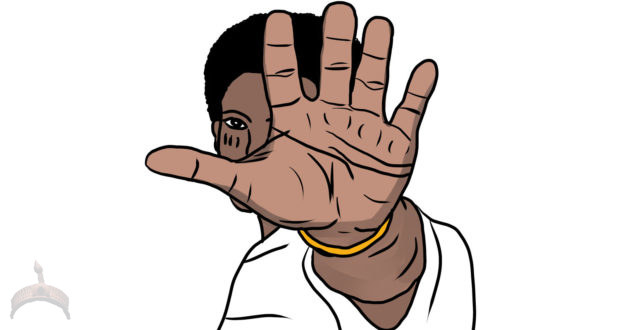
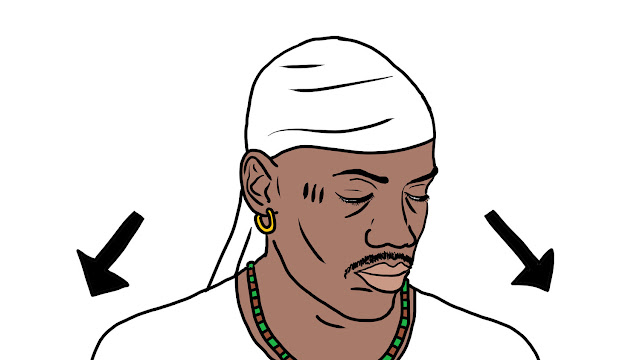
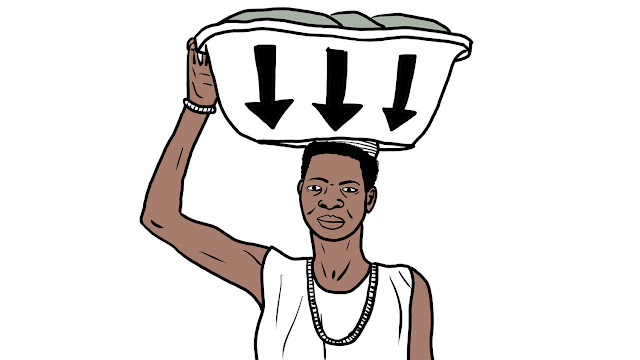
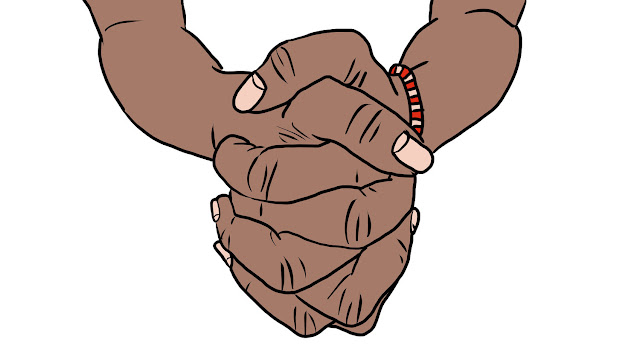
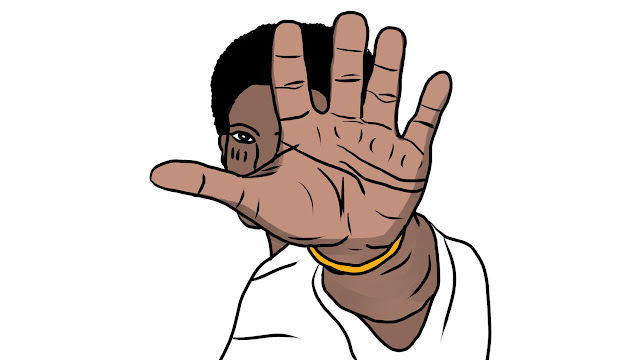
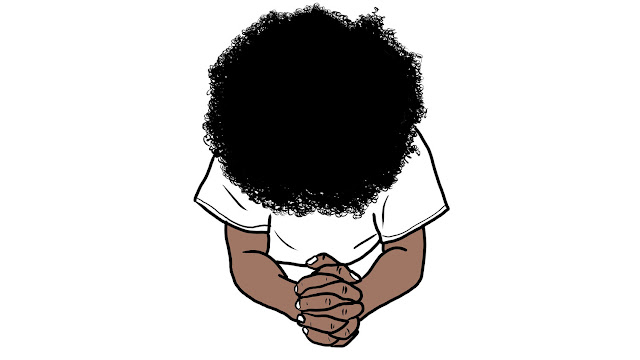

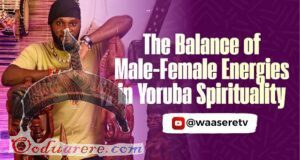


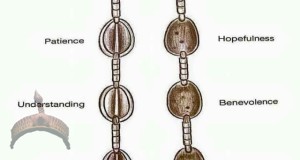


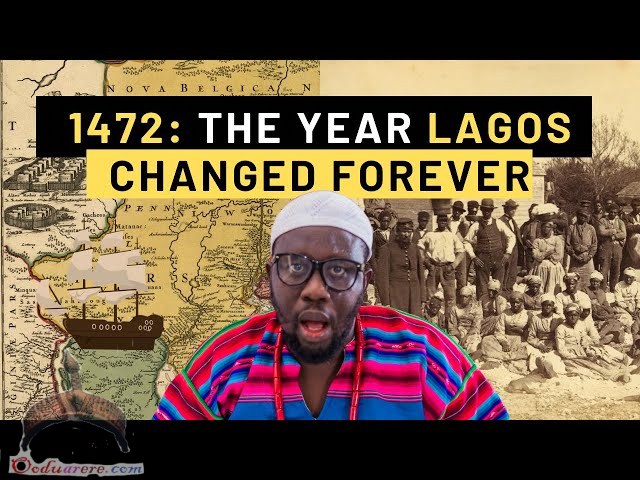
(Y)